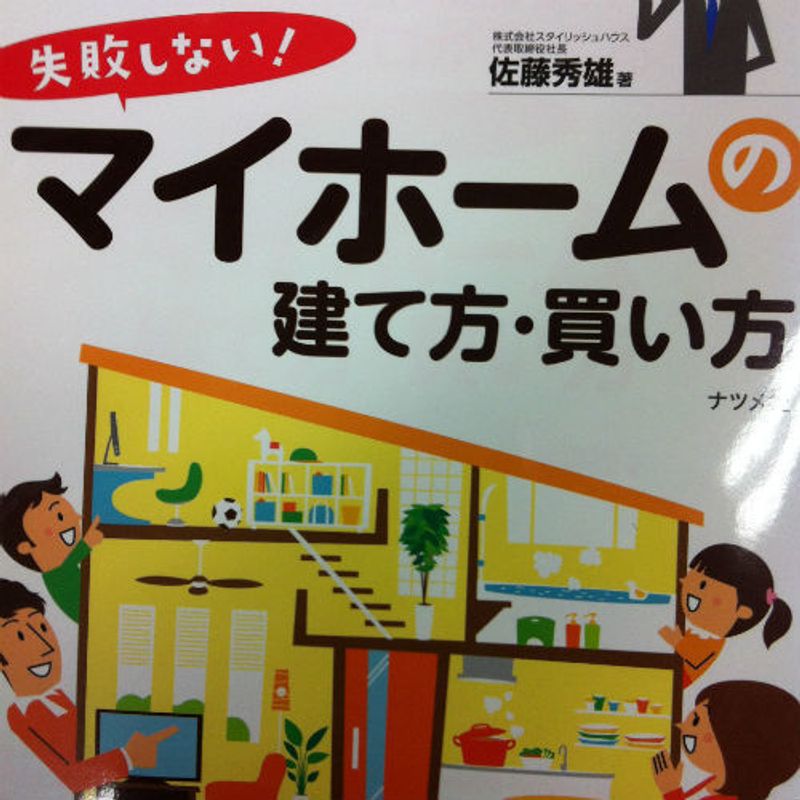Feb 27, 2017
Can you understand Japanese English?

(My Home )
This is a phenomenon that happens all over the non-native English speaking world, in many varieties. Of course there are tons of words loaned to the English language that are pronounced or used incorrectly, for example, the way we pronounce karaoke or tsunami, anyone? (Can we call that English Japanese?)
There are a handful of English words you'll see or hear in Japan that aren't Engrish. They are English words, but the way they are used here is sometimes a little different. These range from tons of 'katakana English' loan words like 'teburu' for a western table and less recognizable words like 'pi-shi-' or PC (for personal computer) to words and phrases we use like, “Let's go!”
Here are just a few examples of Japanese English I hear often, and in these cases I'm under the impression that Japanese people think they are correctly using English integrated into their language.
Don't mind
In English this phase is missing a subject, assumed to be “I” as in, “I don't mind.” This is not what Japanese people are going for exactly when they use this phrase. The meaning is more like, 'never mind' or 'don't worry about it.'
(Pronunciation is more like, 'done mine, done mine.')
Come on
I first heard this in a Japanese junior high classroom as a student beckoned me to help with his handout. Within the context I completely understood that he meant as, 'Come here (please),' but didn't realize until later that 'come on' is used in this way in Japan. Come on can have a lot of meanings in English, from the phrasal verb meaning to flirt with someone, to expressing frustration when the other team scores a goal.
Said in a sort of friendly and inviting way, as if to say, 'why don't you join me!' Ironically, one of the meanings of the phrase in English. Maybe this meaning is the origin of the usage in Japan.
My home
This seems simple enough, my house, right? Not exactly. This is used to mean a new home built for the person or family on land they bought. It's common to have your own house built here (new and modern, with the details you choose) rather than buying a home someone else has lived in. It's more like prefab - picking which designs you want from cookie-cutter options and not as expensive as building a custom home could be in some countries. 'My home' in Japan doesn't mean the same thing as my house, as in the place where I live, an apartment or the house I grew up in for example.
There are so many others, so what is another Japanese English phrase you've heard?



3 Comments
edthethe
on Feb 27
There is a really good blog post of tofugu about this. Japan even has a term for the borrowed english, Wasei Eigo. https://www.tofugu.com/japanese/wasei-eigo/
DaveJpn
on Feb 28
Enjoyed this! For some reason the usage of "Don't mind' really bothers me, but I suppose it easy easier than saying, "Don't worry about it.", and Japanese people do seem to want to shorten their phrases and nouns. I'd like to add 'talent(o)' to this list. As far as I can tell refers to what we might call 'celebrity' in the West. What makes me laugh about it is that half the people over here who are referred to as 'talent' don't seem to have much talent as far as I can see!!!
helloalissa
on Mar 6
@edthethe Thanks, I haven't read the article yet, but I didn't know the term, 'Wasei Eigo.' @DaveJpn There are a lot of work related terms that fall into this category, aren't there? Salaryman, OL, paruto (part time), etc. And 'idol,' hahaha.